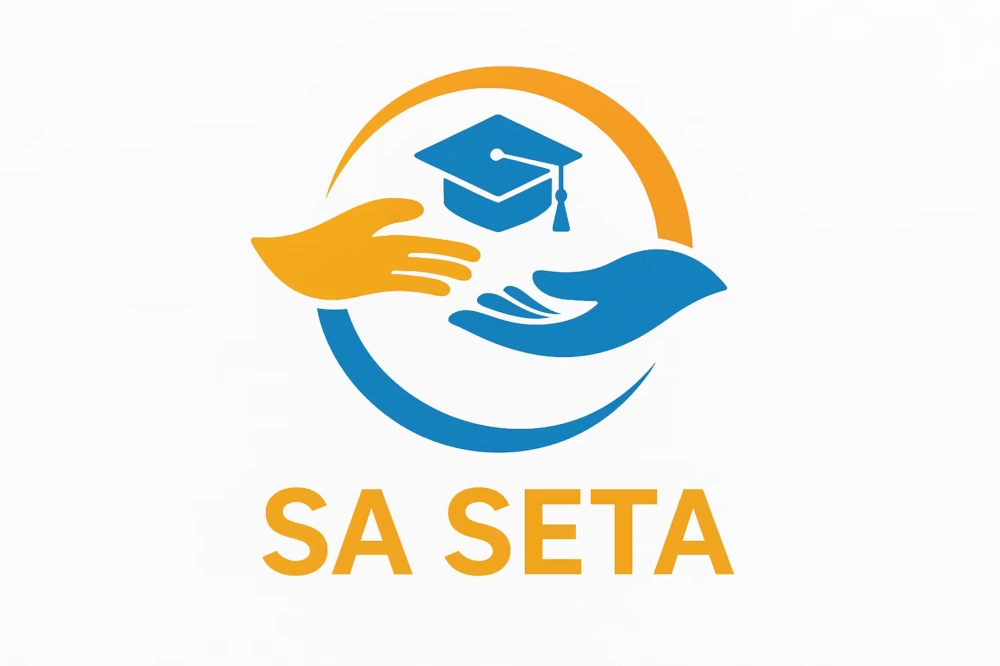AgriSETA-Accredited Learnerships for 2025– If you’re seeking comprehensive information on SETA-accredited agricultural learnership programmes in South Africa for 2025, here’s a detailed guide to help you navigate the available opportunities, eligibility criteria, application processes, and more.
What Are Agricultural Learnerships?
Agricultural learnerships are structured vocational training programmes that combine theoretical instruction with practical workplace experience. These programmes are accredited by the South African Qualifications Authority (SAQA) and are overseen by Sector Education and Training Authorities (SETAs), such as AgriSETA. They aim to equip learners with the necessary skills and qualifications to pursue careers in various agricultural sectors.
Related: W&RSETA Learnerships 2025
Available AgriSETA-Accredited Learnerships for 2025
AgriSETA offers a diverse range of learnerships across multiple agricultural disciplines. Some of the registered programmes include:
Farming Sector
- Farm Worker: Agronomy (NQF Level 1)
- Farm Worker: Animal Husbandry (NQF Level 1)
- Farm Worker: Horticulture (NQF Level 1)
- Junior Farm Manager (NQF Level 4)
Animal Production
- Learnership in Animal Production (NQF Levels 1–5)
Plant Production
- Learnership in Plant Production (NQF Levels 1–5)
Mixed Farming Systems
- Learnership in Mixed Farming Systems (NQF Levels 1–2)
Specialized Areas
- National Certificate: Poultry Production (NQF Levels 1–3)
- National Certificate: Fruit Packaging and Grading Process (NQF Level 3)
- Learnership in Agri Sales and Service (NQF Level 4)
- Learnership in Grain Handling Management (NQF Level 5)
For a complete list of registered AgriSETA learnerships, you can visit the AgriSETA Registered Learnerships page.
Eligibility Criteria
While specific requirements may vary by programme, general eligibility criteria include:
- Age: Typically between 18 and 35 years old.
- Education: Minimum of Grade 9 or equivalent; some programmes may require higher qualifications.
- Citizenship: Must be a South African citizen.
- Interest: Genuine interest in pursuing a career in agriculture.
Certain programmes, such as the Plant Production NQF Level 2 offered by Umfolozi TVET College, may have additional requirements, including involvement in agricultural activities and residency in specific areas.
Related: CETA Learnership Programme 2025: How to Register Your CV
Application Process for AgriSETA-Accredited Learnerships
To apply for an agricultural learnership:
- Identify a Suitable Programme: Review the list of available learnerships and select one that aligns with your career goals.
- Prepare Required Documents: These typically include:
- Certified copy of your South African ID.
- Certified copies of your highest academic qualifications.
- Updated CV.
- Proof of residence.
- Submit Your Application: Applications can often be submitted online through the training provider’s website or via email. For example, Umfolozi TVET College accepts applications via email for their Plant Production programme.
- Await Response: If shortlisted, you may be contacted for interviews or further assessments.
Related: LGSETA Learnerships 2025: Apply Now
Stipends and Duration
Learnerships typically run for 12 months, combining classroom instruction with practical workplace experience. Participants often receive a monthly stipend to cover basic expenses. For instance, some AgriSETA learnerships offer stipends ranging from R2,500 per month.
Opportunities in Limpopo
Being in Tzaneen, Limpopo, you may find local opportunities through regional agricultural colleges, TVET institutions, or training providers affiliated with AgriSETA. It’s advisable to contact local institutions directly or visit the AgriSETA website for information on programmes available in your area.
Additional Resources
- AgriSETA Official Website: www.agriseta.co.za
- Careers Portal: www.careersportal.co.za/learnerships
- Board Opportunities: www.board.org.za/seta-learnerships-2025-online-application
Embarking on a learnership can be a significant step toward a rewarding career in agriculture. Ensure you meet the eligibility criteria, prepare your application meticulously, and stay informed about deadlines and requirements. For personalized assistance or more information, consider reaching out directly to AgriSETA or local training providers.



